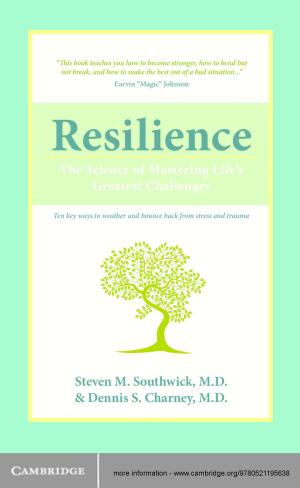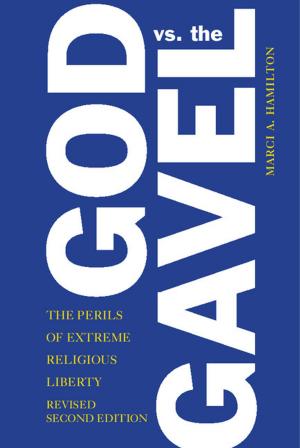Warlords, Strongman Governors, and the State in Afghanistan
Nonfiction, Reference & Language, Law, Comparative, Social & Cultural Studies, Political Science| Author: | Dipali Mukhopadhyay | ISBN: | 9781107720527 |
| Publisher: | Cambridge University Press | Publication: | February 13, 2014 |
| Imprint: | Cambridge University Press | Language: | English |
| Author: | Dipali Mukhopadhyay |
| ISBN: | 9781107720527 |
| Publisher: | Cambridge University Press |
| Publication: | February 13, 2014 |
| Imprint: | Cambridge University Press |
| Language: | English |
Warlords have come to represent enemies of peace, security, and 'good governance' in the collective intellectual imagination. This book asserts that not all warlords are created equal. Under certain conditions, some become effective governors on behalf of the state. This provocative argument is based on extensive fieldwork in Afghanistan, where Mukhopadhyay examined warlord-governors who have served as valuable exponents of the Karzai regime in its struggle to assert control over key segments of the countryside. She explores the complex ecosystems that came to constitute provincial political life after 2001 and exposes the rise of 'strongman' governance in two provinces. While this brand of governance falls far short of international expectations, its emergence reflects the reassertion of the Afghan state in material and symbolic terms that deserve our attention. This book pushes past canonical views of warlordism and state building to consider the logic of the weak state as it has arisen in challenging, conflict-ridden societies like Afghanistan.
Warlords have come to represent enemies of peace, security, and 'good governance' in the collective intellectual imagination. This book asserts that not all warlords are created equal. Under certain conditions, some become effective governors on behalf of the state. This provocative argument is based on extensive fieldwork in Afghanistan, where Mukhopadhyay examined warlord-governors who have served as valuable exponents of the Karzai regime in its struggle to assert control over key segments of the countryside. She explores the complex ecosystems that came to constitute provincial political life after 2001 and exposes the rise of 'strongman' governance in two provinces. While this brand of governance falls far short of international expectations, its emergence reflects the reassertion of the Afghan state in material and symbolic terms that deserve our attention. This book pushes past canonical views of warlordism and state building to consider the logic of the weak state as it has arisen in challenging, conflict-ridden societies like Afghanistan.















